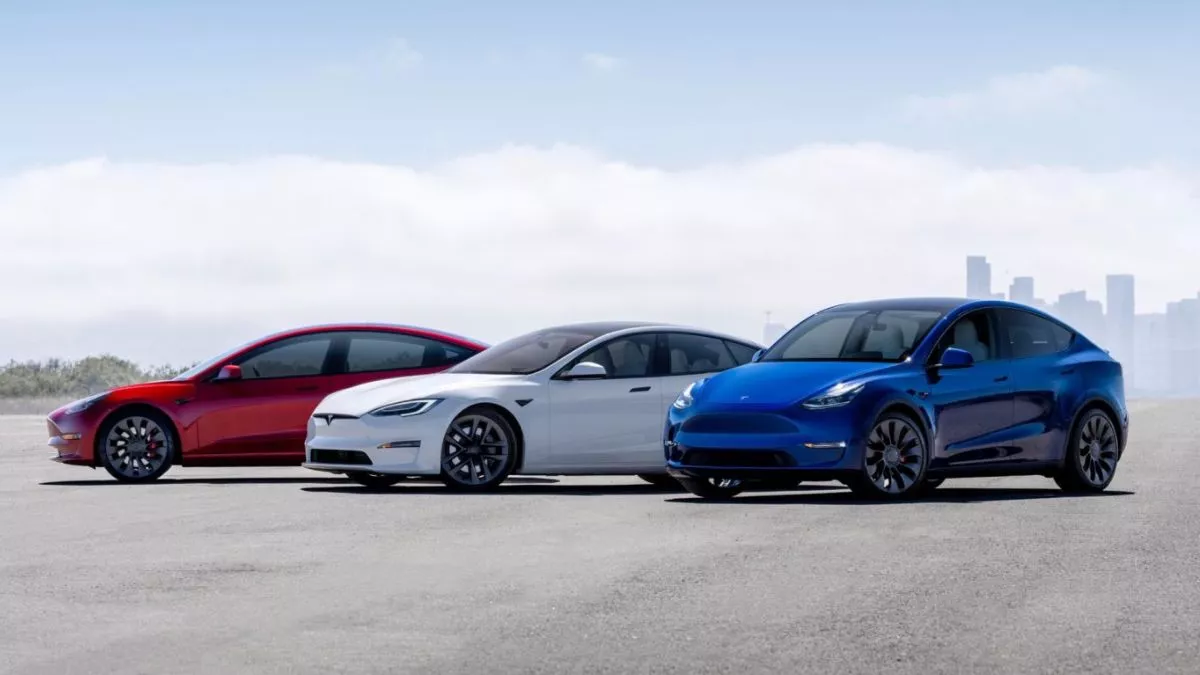The one exception appears to be RIVN.O, a company backed by Amazon, which is anticipated to report a three-fold increase in revenue to $983.1 million for the April–June quarter.

Investors are eager to learn more about how U.S. electric vehicle (EV) startups are managing cash in the face of a funding crunch, and they will likely reveal the impact of Tesla’s price war when they report quarterly results over the next few days.
Even the market leader Tesla (TSLA.O) has expressed concern about “turbulent times,” and even more established automakers like Ford Motor (F.N) are losing money on EVs. Lordstown Motors (RIDEQ.PK), a manufacturer of electric trucks, declared bankruptcy in June, becoming the squeeze’s first casualty.
As they continue to struggle with production and demand, EV startups like Lucid (LCID.O) and Nikola (NKLA.O) are likely to report another quarter of significant cash burn.
According to Thomas Hayes, chairman of hedge fund Great Hill Capital, “the only ones that have a chance besides Musk are the legacy auto providers and so far they are proving that they are losing money hand over fist trying to get into the EV game.” Hayes closely monitors the EV market but does not own any stock.
The one exception appears to be Rivian Automotive (RIVN.O), a company backed by Amazon, which is anticipated to report a three-fold increase in revenue to $983.1 million for the April–June quarter.
According to 13 analysts surveyed by Visible Alpha, the company’s cash outflow likely slowed to $1.19 billion in the second quarter, down by about $600 million from the January-March period. From a negative 58.6%, gross margins probably improved to a negative 51.3%.
Given that the majority of Rivian’s customers have never bought a pickup truck before, Chris Pierce of Needham said the company is emerging as a demand creator and that Rivian’s competitive advantages are becoming more apparent.
The price target of the company’s stock, which has increased by about 40% so far this year, has increased by at least 8 analysts.
As a result of supply-chain issues, Lucid, which is majority owned by Saudi Arabia’s Public Investment Fund, reported a decline in production from April to June. On Monday, it is anticipated that these losses will grow.
According to six analysts surveyed by Visible Alpha, it is expected to report a cash balance of $2.76 billion for the April–June period, up from $900 million in the previous three months, following the announcement of a $3 billion fundraise.
On Friday, Nikola, which issued a going-concern warning again in May, is anticipated to report a 15% decline in revenue and a widening loss.
As the company tries to cut down on its cash burn through layoffs and the liquidation of a recently acquired battery company, its shares have increased by almost 40% this year. Analysts have suggested that might not be sufficient to cover its funding requirements though.
Fisker (FSR.N), which has strong cash reserves and a bold profitability target, is anticipated to report on Friday its first vehicle sales revenue since the company began shipping its Ocean SUVs in the second quarter. But because of a parts shortage, the company fell short of its production goal during the quarter.
Since Fisker’s Ocean SUV is not eligible for the $7,500 federal tax credit, investors will be interested to see the company’s reservation numbers.